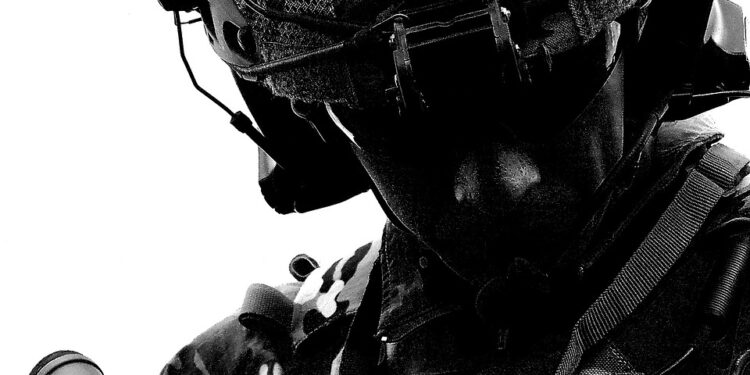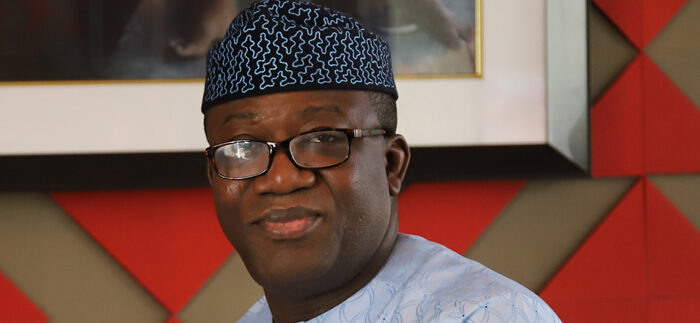Ukraine’s presidential adviser Vladyslav Vlasiuk revealed on Tuesday that an estimated 60% of the foreign components found in Russian weapons used in Ukraine originate from China. “If you take all the usual types of weapons and count the foreign-made components, about 60% would be coming from China. We have had lengthy discussions with some manufacturers about this,” Vlasiuk stated. He emphasized, “The PRC (China) is the biggest problem, I would say.”
China’s Role and Denials
China has faced accusations of enabling Russia in its war against Ukraine, although it consistently denies these claims, asserting a lack of interest in the conflict. Despite Western sanctions, Russia has managed to replenish its military capabilities, sourcing microchips and semiconductors that raise questions about their origins. With the imposition of sanctions by most Western countries, China remains a primary suspect. Vlasiuk noted that crucial components for surveillance, drones, and missiles also come from countries such as the United States, the Netherlands, Japan, and Switzerland.

Recommendations for the EU
Vlasiuk urged the European Union to take more decisive actions to curb the flow of Western products to Russia. He specifically mentioned the need for measures against Russia’s nuclear firm, Rosatom, stating, “We believe it has been using its networks to supply the Russian army.” However, European nations have been hesitant to act due to Russia’s significant role in nuclear energy supply. Additionally, Vlasiuk suggested that the EU could target Russia’s logistics, including airports, seaports, and financial institutions that facilitate these transactions. He also highlighted the effectiveness of recent U.S. sanctions on the IT sector, which came into force earlier this month.
Bottom Line
The reliance of Russian military equipment on foreign components, particularly from China, underscores a complex geopolitical relationship and raises critical questions about the efficacy of current sanctions. Strengthening measures against both direct suppliers and logistical networks is essential for the EU and its allies to disrupt Russia’s military capabilities.

















